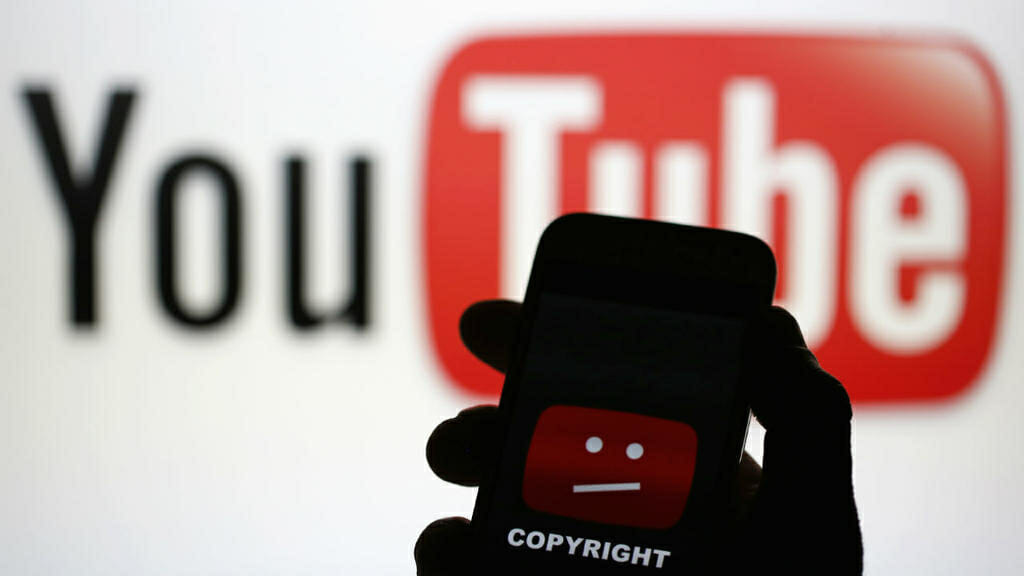The Federal Trade Commission announced on Wednesday that it’ll be slapping Google with a $170 million fine.
The fine follows the government agency’s investigation into an an alleged violation of a children’s privacy law on YouTube.
The settlement comes as the FTC and New York attorney general accuse Google of marketing YouTube to advertisers when many YouTube channels are popular with young audiences. Google owns YouTube, so they have to take responsibility for any violations found to have taken place on the video-sharing platform. The settlement by the FTC and NY attorney general suggests that Google tracked the viewing histories of children in order to deliver them more effective ads. This kind of tracking would be normal in the world of marketing if it were not found to be targeting children. Tracking the user data of minors to deliver them targeted ads is a violation of the Children’s Online Privacy Protection Act (COPPA).
According to FTC chairman Joe Simons, “YouTube touted its popularity with children to prospective corporate clients.” Simons continues, “Yet when it came to complying with COPPA, the company refused to acknowledge that portions of its platform were clearly directed to kids. There’s no excuse for YouTube’s violations of the law.” The settlement passed by a 3-2 vote last week, when details of the settlement were leaked. The details of the FTC settlement were only actually released on Wednesday morning.
This move by the FTC will require Google to change some of its business practices going forward. Some changes that can be expected include requiring content creators to label content specifically intended for children. It will almost certainly require Google to cease collecting data on YouTube videos clearly meant for children. The challenge here will be classifying what exactly is or isn’t content that is clearly meant for minors. YouTube has said in its blog that it will use its algorithms to give specific labels to content with “an emphasis on kids characters, themes, toys, or games.”













































